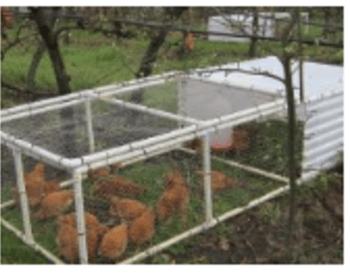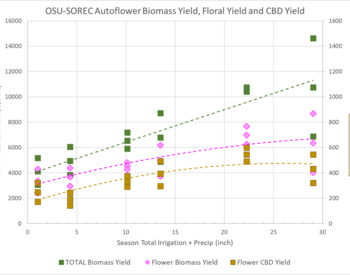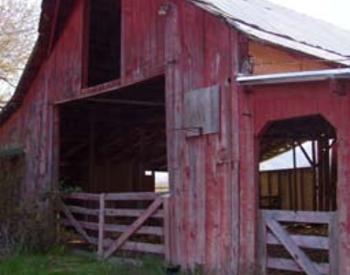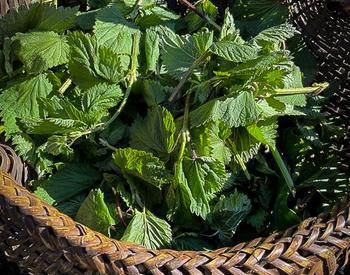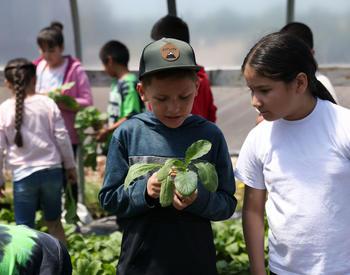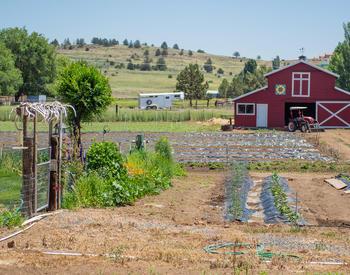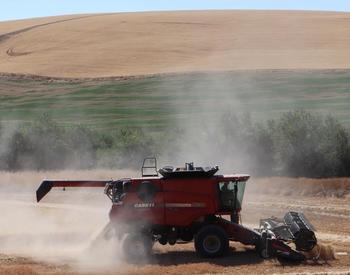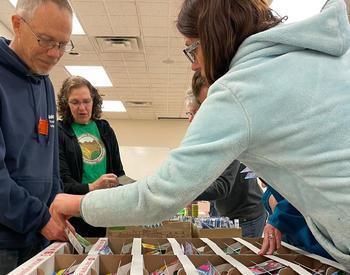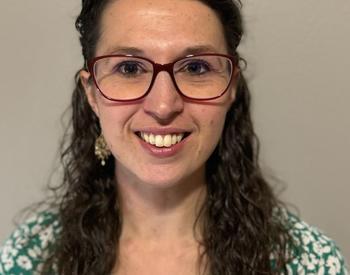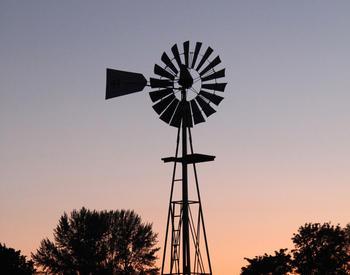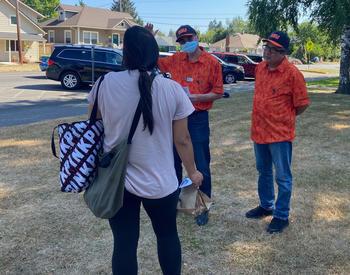CORVALLIS, ORE. – Angie Boudro was teaching a class on goal-setting last year for Jackson County farmers and ranchers when it became clear the agriculture industry in her area was in trouble.
Emotional trouble.
People in the class shared that their lives weren’t what they hoped they would be, said Boudro, a consultant to the Oregon State University Extension Service. Many of them faced financial hardships. Their income was down, foreclosures were up, and some of their leaseholders had failed to make payments. Some farmers had invested in a new crop – hemp – only to realize they weren’t sure how to harvest, dry or sell it.
Some of them had lost hope.
Her experience compelled Boudro to design and record the presentation “Staying Strong in Trying Times: Mental Health in Agriculture,” which was offered as a webinar by OSU Extension on May 4. See the powerpoint and handouts from the webinar.
County health departments don’t track suicide by industry. But traveling around southwest Oregon in her work for Extension, Boudro realized there may have been as many as eight farmers or ranchers who committed suicide last year.
“I’ve never had people in my classes break down into tears, but that’s what was happening,” Boudro recalled. “There was a great deal of emotional pain in the community.”
The webinar’s key speaker is Robert Fetsch, a former Colorado State University professor who has been working with farming and ranching families on mental health issues for more than 40 years.
The mental health problems Boudro noted last year in southwest Oregon were apparent elsewhere in the country, too. According to the U.S. Department of Agriculture, suicide rates among ag producers and workers have climbed above the national average.
The U.S. Department of Agriculture responded by forming the Farm and Ranch Stress Assistance Network, created by the 2018 Farm Bill and funded by Congress last year. USDA’s National Institute of Food and Agriculture helped launch the network by funding four regional initiatives, including one led by OSU and Washington State University.
Workers in many industries experience stress, but those in agriculture face especially challenging circumstances that can spiral into depression, according to Boudro and Fetsch. Not only do ag producers face the vagaries of weather and crop prices, but the physical demands also lead to fatigue, anxiety, sleep deprivation and one of the highest accident rates among all industries. What’s more, farmers and ranchers often live in isolated areas, making it even harder to get help. And even when assistance is available, ag producers often take pride in their independence and personal strength and refuse to ask for help.
“When that’s your persona, it’s hard to admit you need help,” Boudro said. “Their attitude is to get back up on the horse and keep going.”
The May 4 webinar will focus on teaching people how to spot signs that a friend or neighbor is struggling emotionally. Some signs that Fetsch looks for include:
- Physical signs, such as headaches, ulcers, backaches, and frequent sickness.
- A decline in the care of livestock.
- An increase in accidents around the farm or ranch.
- A general deterioration of the farmstead or ag operation.
- Children showing signs of behavioral problems and stress.
Colorado cattle rancher Kit Pharo will be a guest speaker on the webinar. Pharo, a popular public speaker who advises cattle ranchers on how to improve the profitability and sustainability of their operations, lost his son to suicide.
Although the intended audiences are growers, anyone can register, said Boudro, a professional holistic management certified educator in Central Point. The identities of all participants will be kept anonymous.
“I hope people will come for themselves but also for their community,” Boudro said. “We all want to have a better year than last year.”


